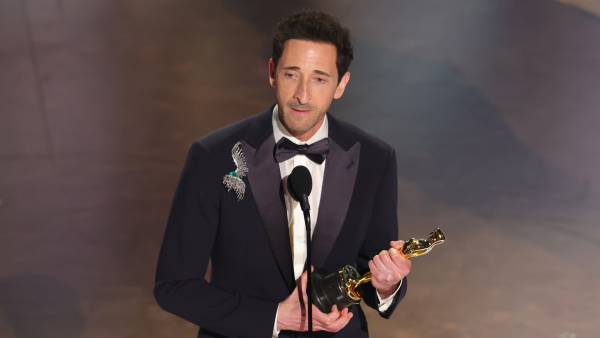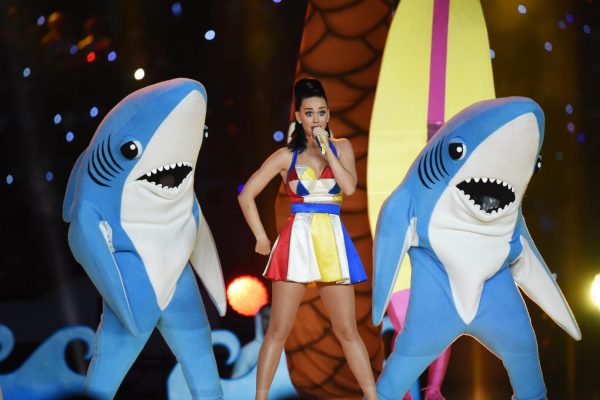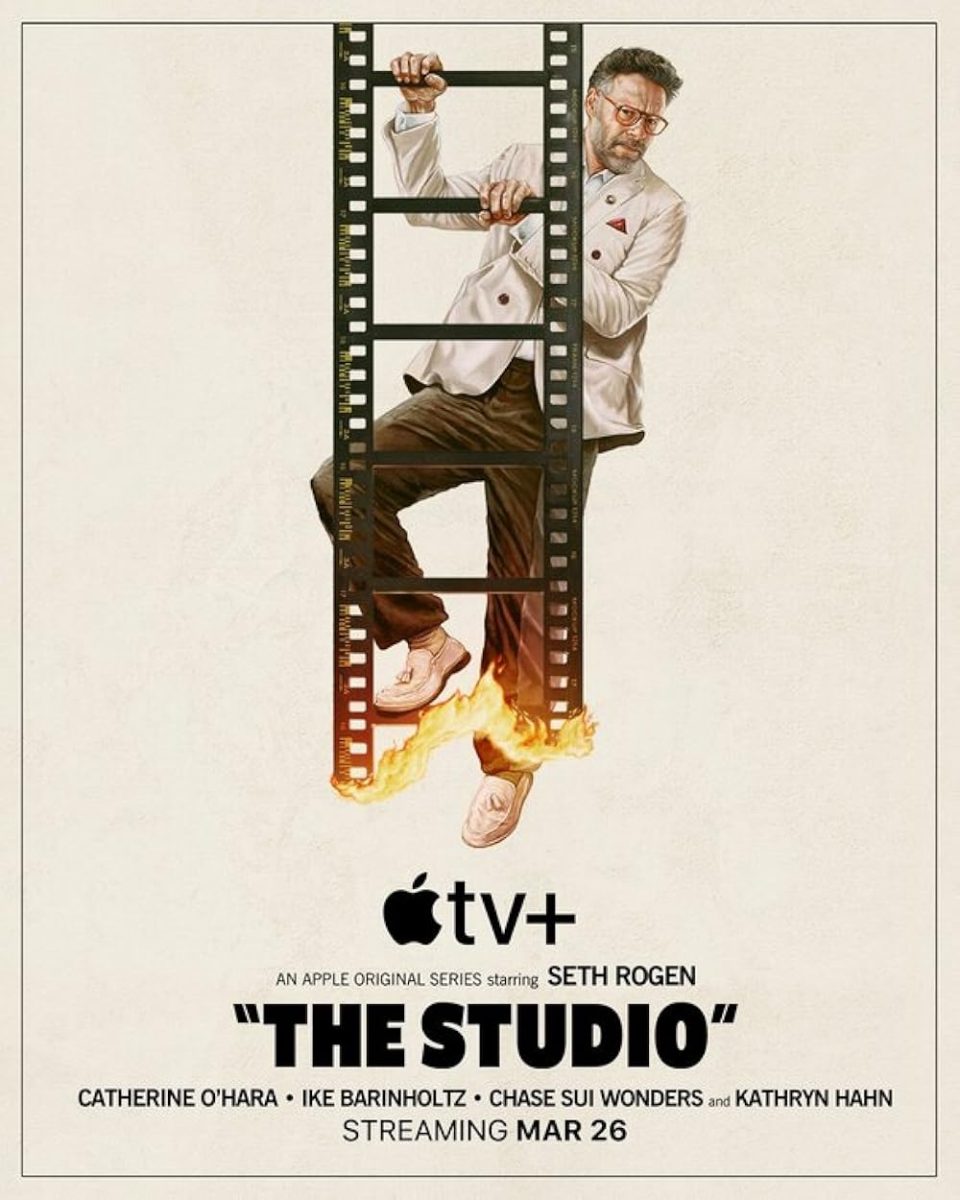
The 2025 Oscars are in the rearview mirror, along with the Grammys and the Super Bowl. The world is globalized in the economic sense, but more so in a cultural one. These aforementioned occasions perform a special role for American nationalism (again cultural, not political) in that they maintain the tradition of the “American Event.” The idea of the American Event was once embedded within the U.S. but has become a distinct contrast to the borderless reality of culture nowadays. The internet, social media, streaming services, etc., provide unlimited access to tastes, styles and aesthetics that were once novelties to the average American. Prior to this extreme ubiquity, there was a monoculture–steeped in inaccessibility–that defined the United States that these American Events harken back to.
Before platforms like Netflix and Spotify provided unprecedented pop-cultural availability, American culture was more domestically communal. Rather than being able to wait for a film to fall out of theaters and into your laptop, the mechanical necessity of auxiliary devices like a VHS or DVD player were obstructive enough to render a live-screening experience a necessity, which applied to American society at-large. Sean Baker, the jack-of-all-trades creator of the Oscars-sweeping Anora (2024), emphasized numerous times throughout this year’s ceremony that not only is the movie-going experience more collaboratively emotional but it offers reciprocal benefits to the creatives behind the experience. In a post-COVID world, Forbes reports that 99% of American households subscribe to at least one streaming service; these are families and individuals that would alternatively be in theaters, at a play or a sporting event. The relationship between consumers and producers of the entertainment market is no longer perpetuated like Baker says it once was. This has invited the realization of a fluid, worldwide amalgamation of the arts, sports and general entertainment industries.
It is tiresome to redundantly complain about how emotionally desensitized superfluous access to the media market has made its audience, but the monocultural disintegration of American culture is an underrated byproduct of this grievance. The American Events referenced are the remnants of this united front. Whether made evident by their domination of social media discourse or the sheer viewership numbers that these occasions still attract, people still understand that the Oscars or Super Bowl are momentous occasions that are destined to permanently infiltrate the contemporary cultural zeitgeist within a broader American pop-cultural history. This makes these American Events almost seem like required viewing in order to stay informed about the mandatory news cycle that follows them. Adrien Brody giving the longest acceptance speech in Oscars history this year, Will Smith slapping Oscars 2022 host Chris Rock live, the absurdity of Left Shark during Katy Perry’s 2015 Super Bowl performance, the proclamation that “Wu-Tang is for the children” at the 1999 Grammy’s; these are the kinds of moments that transcend the temporal quality that is inherent to an annual event and continue to extend the throughline of American monoculture at its most irrelevant.

















